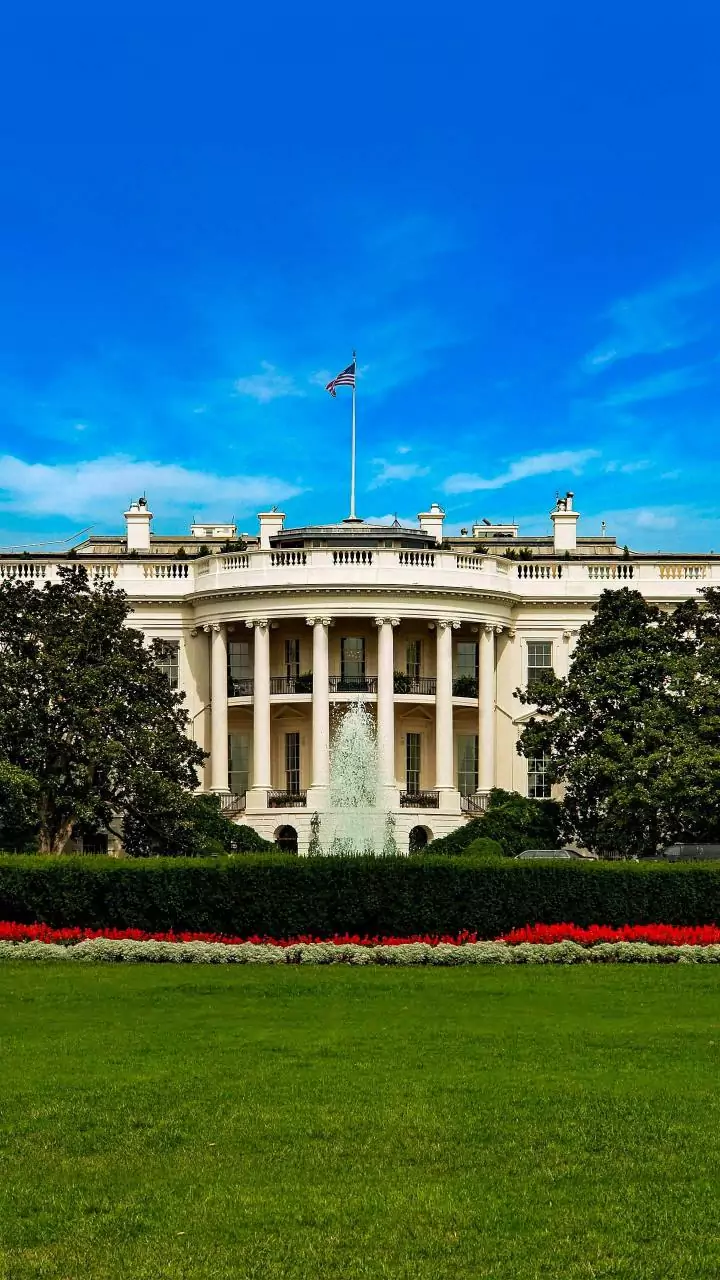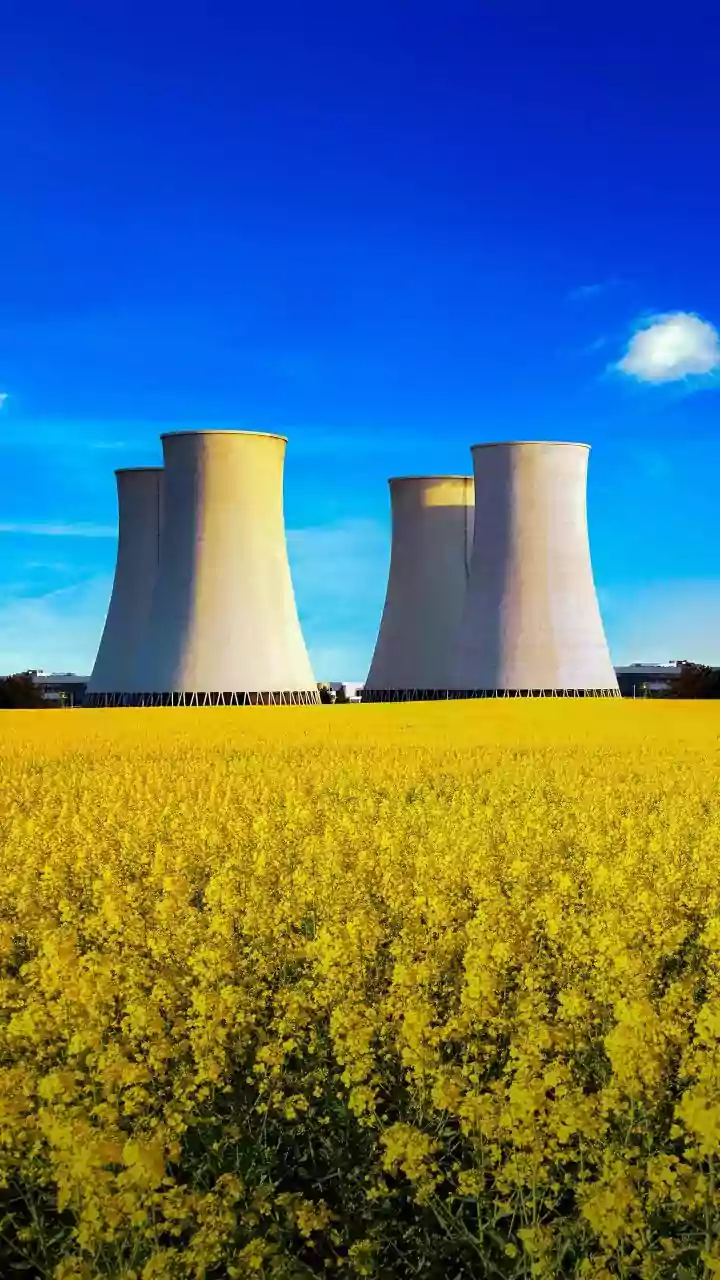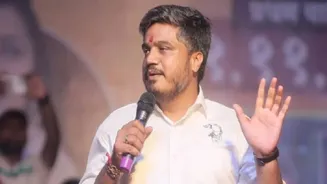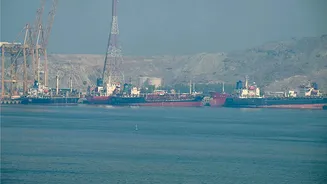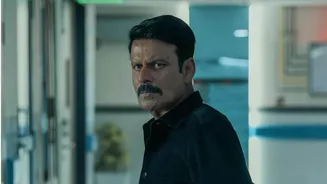Budapest Meeting Revival
Following earlier postponements, former US President Donald Trump has suggested that a meeting with Russian President Vladimir Putin in Budapest remains
a possibility. The remarks were made during a meeting with Hungarian Prime Minister Viktor Orban at the White House. Trump responded to inquiries about the meeting's revival, stating, "There's always a chance. Very good chance." He further added that discussions were underway but refrained from providing more details. This declaration marks a shift in the diplomatic landscape, hinting at potential dialogue between the two leaders despite existing international tensions. The implication is a renewed focus on diplomatic solutions, reflecting the complex interplay of international interests and strategic alliances.
Hungary's Energy Concerns
The dialogue around a potential meeting in Budapest also highlights Hungary’s specific situation. Prime Minister Viktor Orban has been advocating for the avoidance of US sanctions, particularly because of Hungary's geographic constraints as a landlocked nation, which complicates the import of energy from alternative sources. Trump showed understanding for Orban’s position, noting Hungary's lack of maritime access and the logistical challenges this presents. This perspective underscores the intricacies of international relations, especially concerning energy security and the impact of sanctions on individual nations. It suggests that Hungary's reliance on energy imports significantly influences its diplomatic stances and its interactions with larger global powers such as the US and Russia.
Sanctions and Diplomacy
Adding to the complexity, the US has imposed sanctions on Russian state-linked energy giants like Lukoil and Rosneft, measures that extend beyond Russia to include countries like Hungary, India, and China. Previously, Trump expressed a desire to avoid a "wasted meeting" but suggested potential advancements. The timing of Trump's comments is relevant, occurring alongside the meeting with Orban, which focused on the nuances of international policy and economic alliances. This dual strategy—dialogue with Russia alongside economic pressure—highlights the intricacies of US foreign policy. The interplay of sanctions and diplomacy is used as a means of influencing actions by other nations, shaping the current international environment.
The Ukrainian Conflict
The context of the potential meeting in Budapest also involves the ongoing conflict in Ukraine. While Trump has shown an openness to discussion, Moscow has maintained its demand that Ukraine cede additional territory before agreeing to a ceasefire. This insistence underscores the significant divisions and challenges that must be addressed for any potential negotiations. The geopolitical tensions are significant, with the possibility of negotiations hanging on Ukraine's territorial claims and Russia’s preconditions, showcasing the difficulties in resolving the conflict through diplomatic means. The conflicting positions of all involved parties suggest how difficult it is to reach any sustainable resolutions.


